Hear from the Joint Education Lab Projects in the Special Edition Staff Academy webinars
As the holiday season approaches we welcome you to the festival of webinars! From the 2nd to 9th of December the Joint Education Lab projects are showcasing their projects. Come and learn more!
Throughout the academic year, INGENIUM organises several public Staff Academy webinars where there are 1–3 short case presentations on cutting-edge teaching practices, followed by a lively discussion and Q&A session. The webinars unfold on Zoom and are hosted by the South-Eastern Finland University of Applied Sciences (Xamk).
This December it’s time to get to know the projects from the first Joint Education Lab Projects call. Each project showcases their results in a 20 minute presentation, followed by questions and discussion. There will be three projects in each webinar. You can join the webinar at any time, so if your schedule is busy, but you are interested in a specific project, you can join the webinar only to hear their presentation. See the preliminary timetable below.
Register to the webinars and come to learn how your colleagues have been co-operationg through INGENIUM!
Welcome to the Webinars
12.00-12.30 Disruptive Media Lab: A Cross-Alliance Virtual Hub for Radical STEAM Innovation, Education and Public Engagement
Jeremiah Spillane from MTU is leading the Disruptive Media Lab (DML) project. MTU’s partners ar URN, Xamk and HIS. DML is an interdisciplinary, alliance-wide virtual STEAM lab and art movement designed to push boundaries in media innovation, education, and public engagement. Inspired by Coventry University’s Disruptive Media Learning Lab and the Science Gallery model, the DML aims to foster a collaborative environment (for both staff and students) for radical media creation that invites public interaction, engagement, and experimentation. By combining experts with lab spaces and facilities from science, technology, engineering, arts, and mathematics (STEAM), the DML will empower participants to develop disruptive media that challenges traditional academic and social narratives, facilitating a cross-alliance network of researchers, artists, and technologists. The result of these collaborations will see new and innovative teaching and learning opportunities emerge.
DML’s aim is to promote interdisciplinarity and co-creation, to innovate how faculty share knowledge about their disciplines through disruptive artistic interventions. The project leaders will establish a “Leonardo Group”, comprising 50 members, which will include specialists and students from all INGENIUM universities from across all STEAM disciplines. The Leonardo Group will also include other experts from communities peripheral to INGENIUM’s various European campuses. These might include, but are not limited to street artists, dancers, social media influences, comedians and so on. The aim of this Leonardo Group is to foster collaborations between academics and experts within INGENIUM and other creative and thought leaders outside of academic settings in our communities. These collaborations will draw on the various facilities – media labs, science labs and so on – to create radical and/or artistic interventions to communicate knowledge and educate in new and disruptive ways.
12.30-13.00 ASPIRE Student leadership Programme
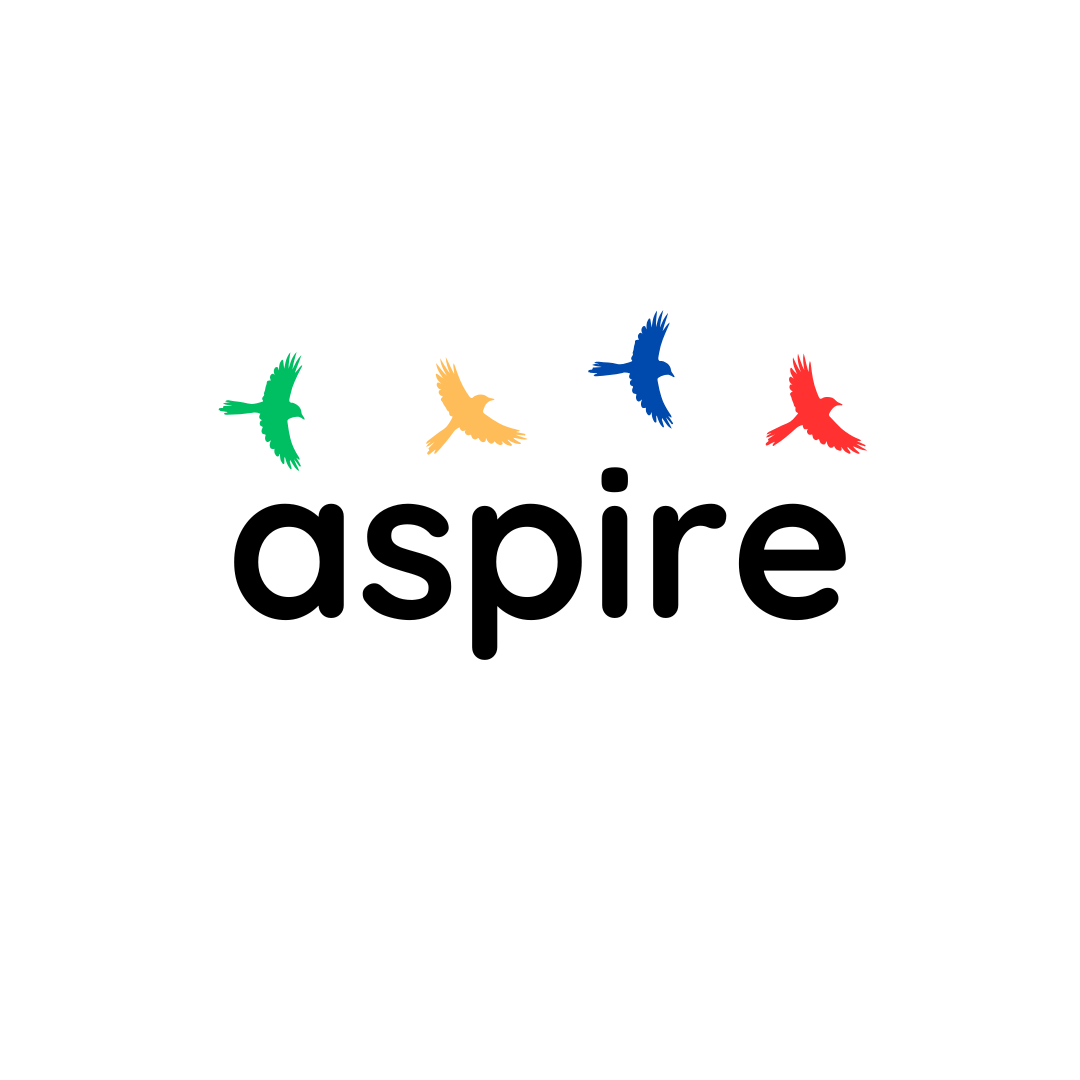 AnSEO The Student Engagement Office, Munster Technological University, Cork, Ireland.
AnSEO The Student Engagement Office, Munster Technological University, Cork, Ireland.
In collaboration with South-Eastern Finland University of Applied Sciences, Xamk, Finland and The Technical University Gheorghe Asachi Iasi, Romania.
The ASPIRE student leadership programme extends beyond traditional academic learning by developing essential leadership skills such as communication, teamwork, collaboration, problem-solving, and decision-making—competencies vital in today’s dynamic work environments. Through collaboration with INGENIUM partners in Iași and Xamk, students are able to engage in real-world leadership scenarios, receive personalised coaching, and strengthen their emotional intelligence to support effective leadership. The programme’s topics are designed to build an appreciation for the personal and collaborative skills required for effective leadership, including self-awareness and emotional intelligence to enhance interpersonal interactions, effective communication to inspire and motivate others, ethical decision-making to promote integrity and accountability, team collaboration and conflict resolution to support productive group work, and project management to guide students in leading initiatives from planning to execution with adaptability and resilience. Further enhancement of the programme will continue to enrich students’ academic experience and prepare them to transition confidently and resiliently into diverse workplace environments through sustained industry partnerships.
Speakers in the webinar: MTU: Angela Mc Glynn, Róisín O’ Grady, Shane O’ Mahony, Rebecca Noonan, Josh Ababon; TUIASI: Neculai Bagiu, Adriana Bujor; Xamk:Kirsi Soulamo.
13.00-13.30 Micro-credential in Sustainability Reporting for SMEs
The Micro-credential in Sustainability Reporting for SMEs provides students and professionals with practical skills to comply with the CSRD and other European sustainability regulations. Developed by the Universities of Oviedo, Skövde, Chieti-Pescara, and Crete, the program combines hands-on learning and project-based activities. By bridging theory and practice, the program fosters professionals capable of driving sustainability across European enterprises.
For the webinar, Lara Tarquinio (Università degli Studi G. d’Annunzio Chieti-Pescara), Adina Popa (University of Skövde) and Irma Martínez García (Universidad de Oviedo) will be there. There is also a possibility that another member of the team may join.
12.00-12.30 COIL course, “Tackle Real Work Life Challenges.
This COIL course project is led by Mariya Loginova from Xamk. Xamk is partnering with UNIOVI, MTU, URN, TUIASI in this project. They are developing and testing the Ingenium COIL course, “Tackle Real Work Life Challenges.” This course, in collaboration with local companies, provides students with real-world challenges. Teachers will act as coaches, guiding international, multilingual student teams through problem-solving processes, enhancing their practical skills, and preparing them for global workplaces.
Students will engage with business representatives, work in multidisciplinary teams, and develop problem-solving abilities. Teachers will facilitate learning and support student teams to ensure successful outcomes. The course also aims to foster networking among all parties involved: company representatives, students, teachers, and RDI specialists, creating a new model for international cooperation among Ingenium partners. The outcome will be a tested course and cooperation module. The process will be documented and an article published in an international scientific journal.
12.30-13.00 Investigating Norman Cistercian Influences: A Cross-Cultural Exploration Between Normandy and Abruzzo
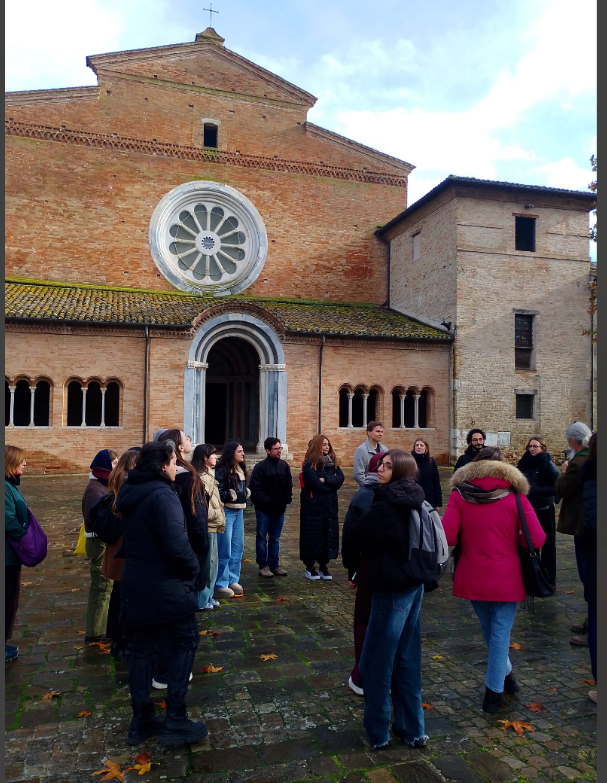 This project offers students a unique, hands-on experience with medieval cultural heritage. By visiting Cistercian abbeys and the State Archive of Siena, students engage directly with both architectural monuments and historical documents. The program combines field trips, guided analysis, lectures, and creative activities such as photo and video contests for a webinar. The aim is to enhance students’ understanding of medieval history, archival research, and cultural context, while promoting active learning and collaboration. The project highlights the value of experiencing historical sources in person, beyond digital tools, and serves as a model for experiential learning in cultural heritage education.
This project offers students a unique, hands-on experience with medieval cultural heritage. By visiting Cistercian abbeys and the State Archive of Siena, students engage directly with both architectural monuments and historical documents. The program combines field trips, guided analysis, lectures, and creative activities such as photo and video contests for a webinar. The aim is to enhance students’ understanding of medieval history, archival research, and cultural context, while promoting active learning and collaboration. The project highlights the value of experiencing historical sources in person, beyond digital tools, and serves as a model for experiential learning in cultural heritage education.
Maria Carreri (Ud’A), Mario Marrocchi, Marcella Lacanale , and Gabriella Gente Magnan will be present at the webinar.
13.00-13.30 Shared experimentation between European universities of the “L’Ascolto” project and implementation of AI in the “L’Ascolto” web platform.
This project is led by Ida Verna from G.d’Annunzio University of Chieti-Pescara. MUS and Xamk are also joined in the project. Their goal is to experiment with the L’Ascolto project between European universities and to implement AI in the L’Ascolto web platform. The L’Ascolto is a web platform whose objective is the creation, management and sharing of knowledge by education actors (teachers, students, institutional bodies and other stakeholders). The creation of such knowledge is the result of a holistic approach to teaching-learning processes, based on a framework that combines the Deming cycle with the QFD Quality Function Deployment and Kolb’s experiential learning cycle. The aim of the L’Ascolto Approach is to enable teachers, students and institutional bodies to use the same methodological approach to teaching improvement (innovation), with a single web platform. Although the actors of education use the platform at different times and in different ways, they work towards the common goal of educational innovation, with the same language (Listening Framework: constructive alignment combination of Biggs, Bloom, Dublin Descriptors, Deming Cycle, Kolb’s experiential learning). The creation, management and sharing of knowledge is the output of a continuous cycle of planning, management, evaluation and improvement of all teaching processes (Curriculum and individual teaching considered as a whole), while these are in progress and for the benefit of all actors:
TEACHERS: development of teachers’ professionalism (ENQA, 2007; OCDE, 2012; EC, 2013; EHEA, 2020) through their continuous self-training, the result of the knowledge-sharing process (best practices) among all the teachers using the platform;
STUDENTS: enhancement of learning (EC, 2017; ENQA, 2020; EHEA, 2020) implemented thanks to the promotion and drive for innovation that the holistic approach feeds into the Deming/Kolb cycle (Verna, 2020) and that the platform manages and shares among the actors, in terms of knowledge/competences;
COURSE COORDINATORS: development of academic leadership, implemented thanks to the knowledge-sharing system that provides continuous feedback (listening to needs) to the coordinator for the improvement/innovation of the teaching processes designed, managed and evaluated as a single system in continuous evolution.
L’Ascolto is ultimately a pedagogical model for experiential learning for teachers, students and institutional bodies.
12.00-12.30 Sustainable development of teaching and learning environments – developing the Ingenium Learning Spaces Learning Community
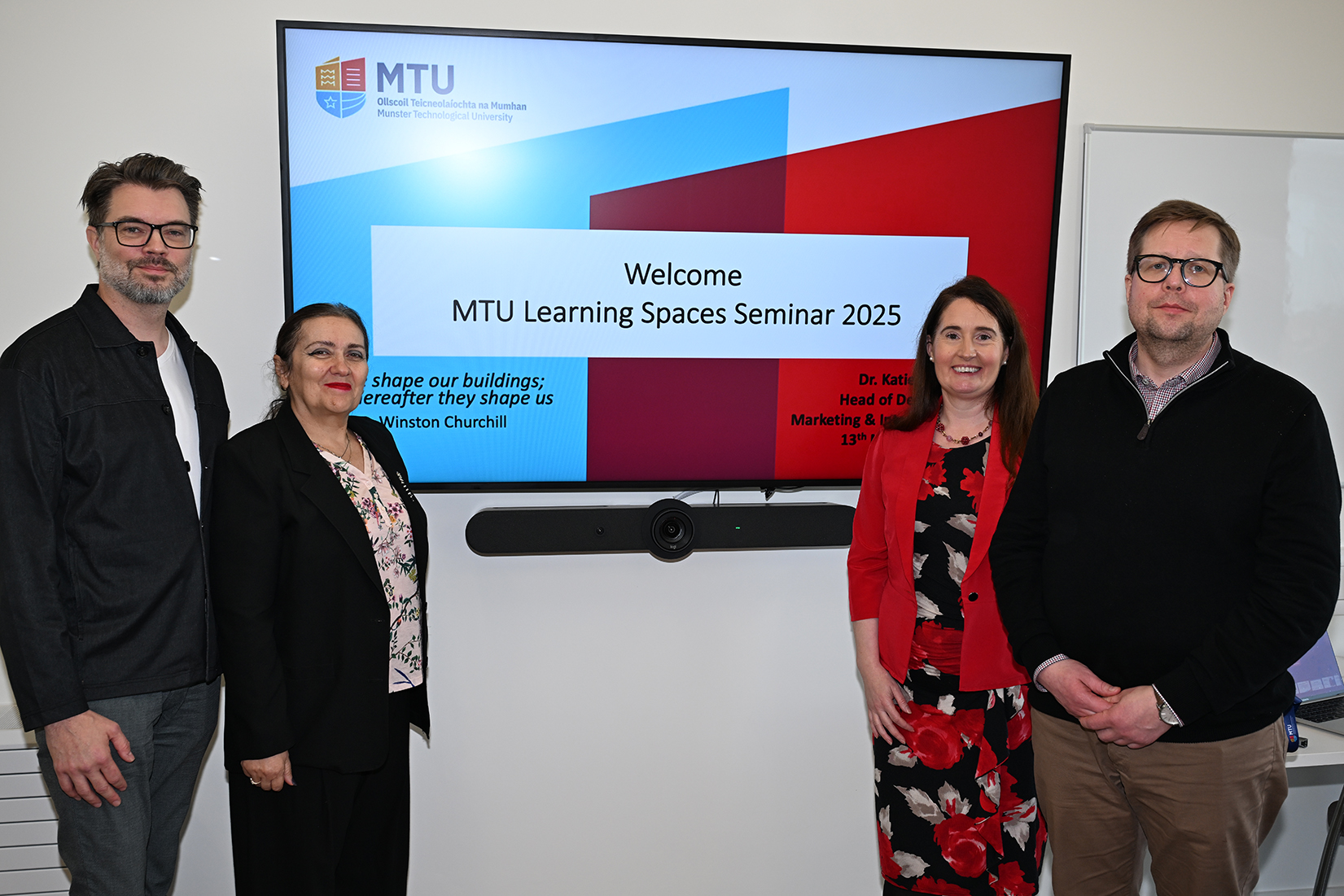 The “Sustainable Development of Teaching and Learning Environments – Developing the Ingenium Learning Spaces Learning Community” project brings together Munster Technological University, Ireland (MTU), University of Skövde, Sweden (HiS), South-Eastern Finland University of Applied Sciences (XAMK), and Technical University of Iași, Romania (TUIASI) in a collaborative exploration of learning environment development through complementary methodological lenses. Through a series of online meetings featuring virtual campus tours, presentations, and cross-institutional dialogue, culminating in a site visit to MTU Ireland for campus visits and a seminar on “the third place” – the social threshold spaces where informal learning and community-building occur between formal educational environments – the partnership has developed a multifaceted framework integrating MTU’s person-centric stakeholder engagement model grounded in social justice, identity, and empowerment principles; XAMK’s scenario-based visioning methodology using workshop-generated personas to conceptualize future learning environments; HiS’s participatory action research approach yielding both theoretical frameworks and concrete spatial implementations; and TUIASI’s critical interrogation of the tension between architectural iconography, heritage preservation, and the creation of “spaces of radical openness” that challenge rather than merely accommodate learners. This Education Lab project addresses the complex interplay between physical space design, pedagogical practice, organizational culture, and stakeholder participation, recognizing that sustainable learning environment development requires not only innovative spatial solutions but also continuous engagement with the communities who inhabit, transform, and ultimately give meaning to these spaces.
The “Sustainable Development of Teaching and Learning Environments – Developing the Ingenium Learning Spaces Learning Community” project brings together Munster Technological University, Ireland (MTU), University of Skövde, Sweden (HiS), South-Eastern Finland University of Applied Sciences (XAMK), and Technical University of Iași, Romania (TUIASI) in a collaborative exploration of learning environment development through complementary methodological lenses. Through a series of online meetings featuring virtual campus tours, presentations, and cross-institutional dialogue, culminating in a site visit to MTU Ireland for campus visits and a seminar on “the third place” – the social threshold spaces where informal learning and community-building occur between formal educational environments – the partnership has developed a multifaceted framework integrating MTU’s person-centric stakeholder engagement model grounded in social justice, identity, and empowerment principles; XAMK’s scenario-based visioning methodology using workshop-generated personas to conceptualize future learning environments; HiS’s participatory action research approach yielding both theoretical frameworks and concrete spatial implementations; and TUIASI’s critical interrogation of the tension between architectural iconography, heritage preservation, and the creation of “spaces of radical openness” that challenge rather than merely accommodate learners. This Education Lab project addresses the complex interplay between physical space design, pedagogical practice, organizational culture, and stakeholder participation, recognizing that sustainable learning environment development requires not only innovative spatial solutions but also continuous engagement with the communities who inhabit, transform, and ultimately give meaning to these spaces.
Each member of the team, Peter Fogel (HIS), Matti Strengell (Xamk), Ancuta Rotaru (TUIASI) and Katie Power (MTU) will share the presenting for the webinar.
12.30-13.00 INVEX (International VR-Experience)
 As part of the EU4M Master’s program (of the ingenium universities Skövde, UNIOVI and Karlsruhe), students have the opportunity to study in Gijón (UNIOVI), Spain. To promote the program, a simulator is built that enables a virtual surfing experience on the beaches of Gijón. The initial mechanical setup and the infrastructure for data collection (360° videos + acceleration data) have already been developed in Germany. Data collection is carried out in parallel by students in Spain. In addition, students in Sweden set up VR simulation models for the optimization of the surfing experience. Finally, all partners contribute to the function of the systems making students experience the work in an international project.
As part of the EU4M Master’s program (of the ingenium universities Skövde, UNIOVI and Karlsruhe), students have the opportunity to study in Gijón (UNIOVI), Spain. To promote the program, a simulator is built that enables a virtual surfing experience on the beaches of Gijón. The initial mechanical setup and the infrastructure for data collection (360° videos + acceleration data) have already been developed in Germany. Data collection is carried out in parallel by students in Spain. In addition, students in Sweden set up VR simulation models for the optimization of the surfing experience. Finally, all partners contribute to the function of the systems making students experience the work in an international project.
Speakers: Prof. Enrique Ruiz Zúñiga, University of Skövde; Prof. Alberto Garcia Martinez, UNIOVI; Prof. Martin Kipfmüller, Hochschule Karlsruhe
13.00-13.30 IoT-Driven Environmental Monitoring for Innovative Sustainable Education (IT-EMISE)
This project aims to assemble Internet of Things (IoT) devices to create real-time environmental monitoring sensors. These sensors will analyse carbon dioxide (CO₂), particulate matter (PM), air temperature, and air pressure. The primary goal is to build these sensors using readily available components and integrate them into educational courses related to environmental sampling and monitoring.
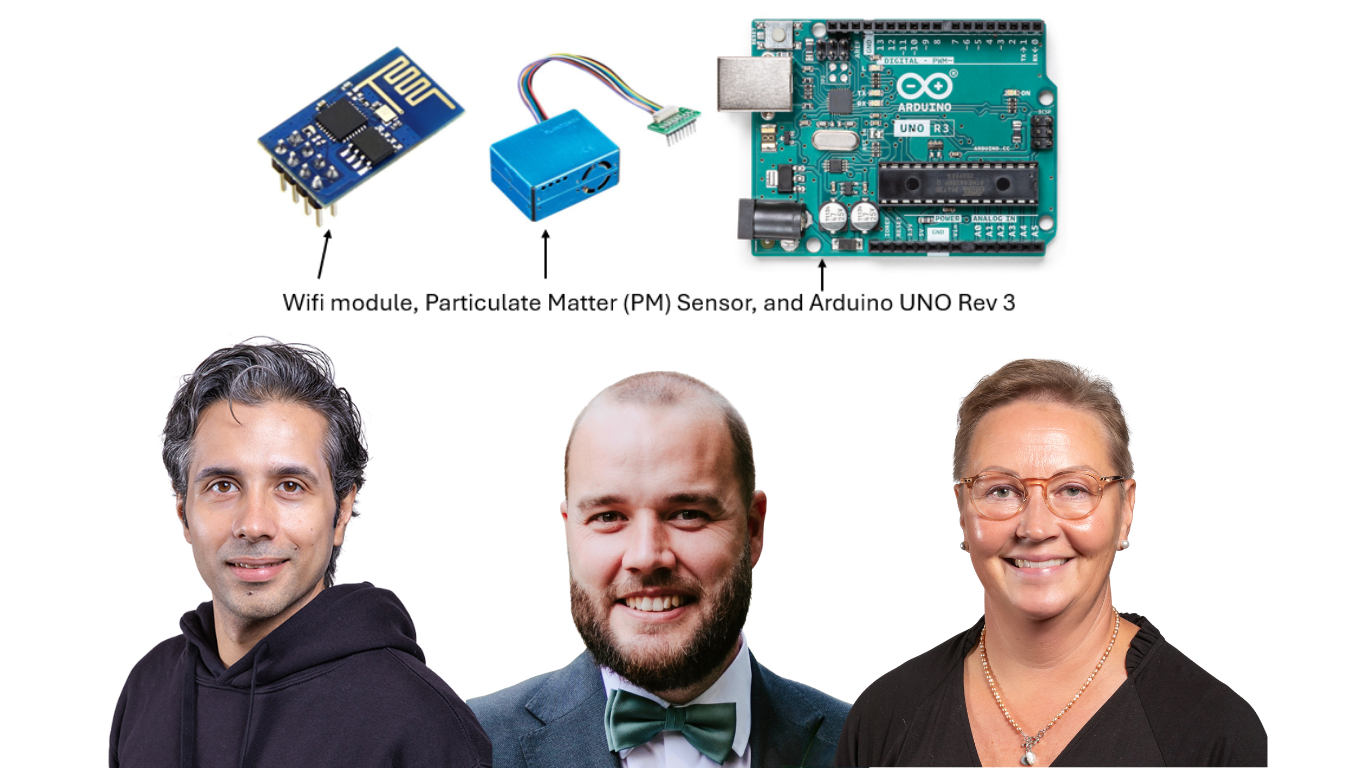 Shakil Regmi from Xamk will be presenting their work and Adrian O’Sullivan from MTU will also be present. Pictured also one project member Kati Kontinen form Xamk.
Shakil Regmi from Xamk will be presenting their work and Adrian O’Sullivan from MTU will also be present. Pictured also one project member Kati Kontinen form Xamk.
12.00-12.30 Rethinking Assessment and Feedback for Inclusive Learning amid Contemporary Issues in Higher Education (RAFIL-CIHE)
The INGENIUM Education Lab Rethinking Assessment and Feedback for Inclusive Learning brings together partners from Munster Technological University, the University of Crete, and South-Eastern Finland University of Applied Sciences to collaboratively design an innovative, research-informed micro-credential on assessment and feedback in higher education. Throughout the project the team organised monthly webinars to explore shared challenges while exchanging institutional expertise and co-developing module components. This work culminated in an in-person meeting at the University of Crete, where the team recorded structured webinar content covering assessment literacy, student-centred design, AI-enabled feedback, culturally responsive and multimodal assessment, and sustainable feedback practices. Together, these activities lay the foundation for a jointly developed, inclusive, and future-focused assessment and feedback module for the INGENIUM alliance.
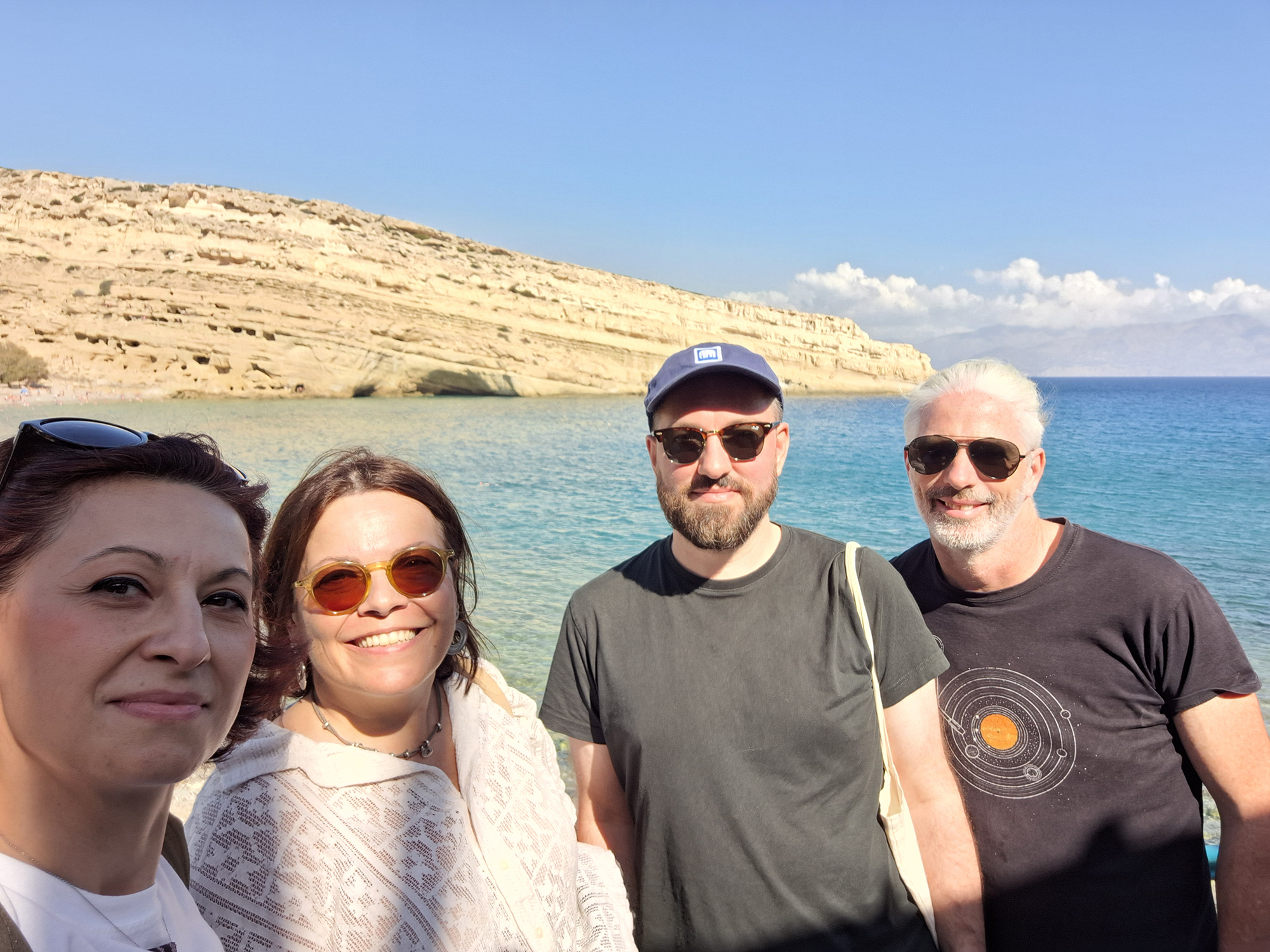 Oana Elena Colt, Gheorghe Asachi Technical University of Iasi
Oana Elena Colt, Gheorghe Asachi Technical University of Iasi12.30-13.30 CHEMIT: Exploring Organic Chemistry Through Immersive Technologies
 The CHEMIT project brings together Munster Technological University (MTU), the University of Oviedo (UNIOVI), and Karlsruhe University of Applied Sciences (HKA) to explore how existing technological and didactic innovations in virtual-reality-based teaching can be transferred into new educational contexts. While HKA and MTU already use advanced VR infrastructures and social VR environments in their teaching, the University of Oviedo sees strong potential for applying VR in its Chemistry programmes. CHEMIT therefore aims to map the current state of VR use across the three institutions, identify opportunities for integrating VR into chemistry education, and outline future concepts for meaningful VR-supported learning.
The CHEMIT project brings together Munster Technological University (MTU), the University of Oviedo (UNIOVI), and Karlsruhe University of Applied Sciences (HKA) to explore how existing technological and didactic innovations in virtual-reality-based teaching can be transferred into new educational contexts. While HKA and MTU already use advanced VR infrastructures and social VR environments in their teaching, the University of Oviedo sees strong potential for applying VR in its Chemistry programmes. CHEMIT therefore aims to map the current state of VR use across the three institutions, identify opportunities for integrating VR into chemistry education, and outline future concepts for meaningful VR-supported learning.
Memebers of the team presenting
Raquel Soengas, University of Oviedo, Department of Organic and Inorganic Chemistry
Fiona Schmidbauer, Karlsruhe University of Applied Sciences, Institute for Intelligent Interaction and Immersive Experience (IIIX)
Jeremiah Spillane, Munster Technological University, Department of Technology Enhanced Learning
13.00-13.30 Using assessment “OF, FOR and AS” learning to develop a more impactful and authentic Intercultural Communication learning experience for students of MTU and HKA.
David O Hanlon from MTU is leading the project and MTU is collaborating with MTU. They focus on the development of intercultural competence (UNESCO, 2013) among students from Munster Technological University (MTU) and Karlsruhe University of Applied Sciences (HKA). By “internationalising” the learning experience (through the use of asynchronous and synchronous communication tools available on the INGENIUM Moodle Learning Management System- LMS), students of International Communication (from the International Business programme in MTU) and Business English (from a variety of programmes in HKA) will have the opportunity to experience authentic international communication between one another (without having to travel abroad). This project connects students through self- and peer-assessment of key communication and interpersonal skills (delivery of feedback, presenting to an international audience, networking and cultural/emotional intelligence) using co-designed rubrics. Online collaboration and reflection deepen intercultural understanding and support the development of cultural and emotional intelligence. They aim to refine the approach based on student feedback and share the project’s outcomes across INGENIUM.
You can watch the recording of the previous Staff Academy Webinars on our Youtube channel. For example the recording of the AI and teaching webinar, which collected over 100 audience members and already more than 100 views, is on the Staff Academy playlist.
